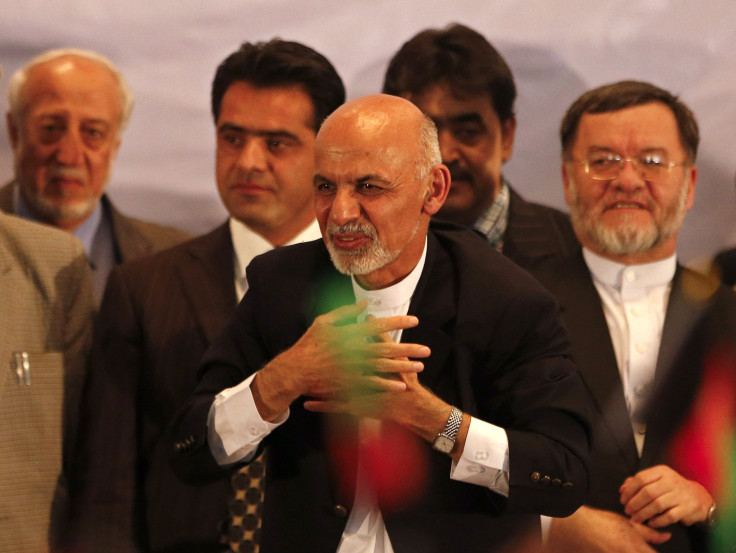Most Corrupt Countries 2014: China, Turkey and Afghanistan Struggle With Graft

Iraq, Afghanistan, Somalia and North Korea are among the world's most corrupt countries, while others such as China, Turkey and Angola are increasingly becoming more corrupt, an annual corruption survey released Wednesday concluded. In all, more than two-thirds of the 175 countries ranked struggled with a high perception of corruption, according to Transparency International's 2014 Corruption Perceptions Index.
The anti-graft report is based on factors including whether public leaders are punished for corruption, the prevalence of bribery and how government institutions address citizens' needs. Denmark was the least corrupt country, followed by New Zealand, Finland, Sweden, Singapore and Canada. Britain was ranked as the 14th least corrupt nation. The United States ranked 17th overall, up from 19th last year, according to the rankings.
"Corruption is a problem for all countries," Transparency International said in a statement. "Leading financial centers in the EU and U.S. need to join with fast-growing economies to stop the corrupt from getting away with it. The G-20 needs to prove its global leadership role and prevent money laundering and stop secret companies from masking corruption."
Turkey saw the biggest drop in the rankings, falling to 64th place. China fell to 100th place, despite a recent crackdown on bribery, making it one of the world's most corrupt nations. Conversely, Egypt and the Ivory Coast were among the nations that showed the biggest improvements, according to the Telegraph.
Corruption can result in inadequate schools, counterfeit medicine and unfair elections, according to the watchdog organization. "They undermine justice and economic development, and destroy public trust in government and leaders," it said.
In Afghanistan, U.S. officials have complained that corruption has stymied a $103 billion effort to rebuild the war-torn nation. “The great challenge to Afghanistan’s future isn’t the Taliban, or the Pakistani safe havens or even an incipiently hostile Pakistan,” retired Gen. John Allen, who once led U.S. forces in Afghanistan, told a Senate Foreign Relations subcommittee in testimony earlier this year. “The existential threat to the long-term viability of modern Afghanistan is corruption.”
© Copyright IBTimes 2024. All rights reserved.





















